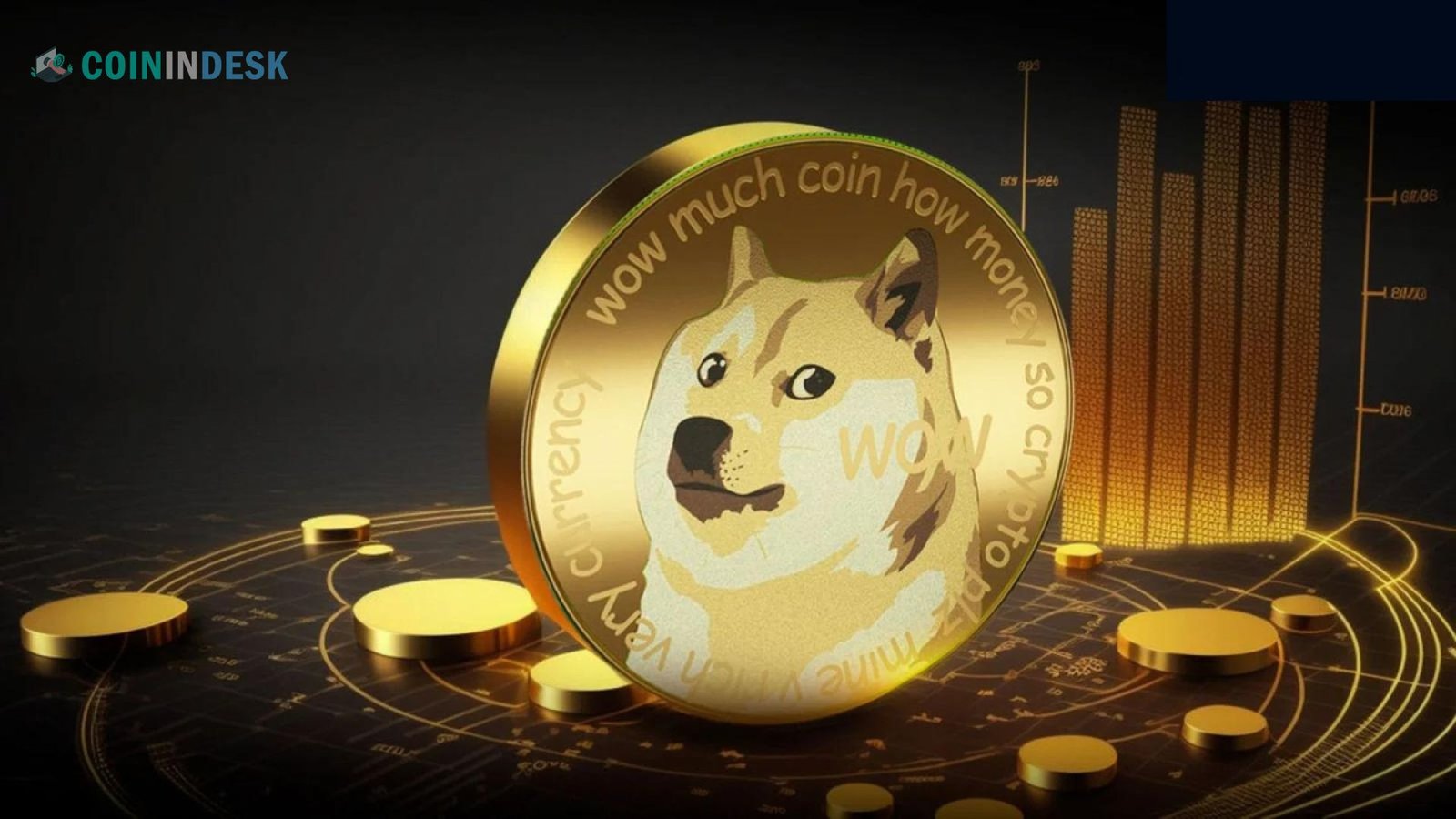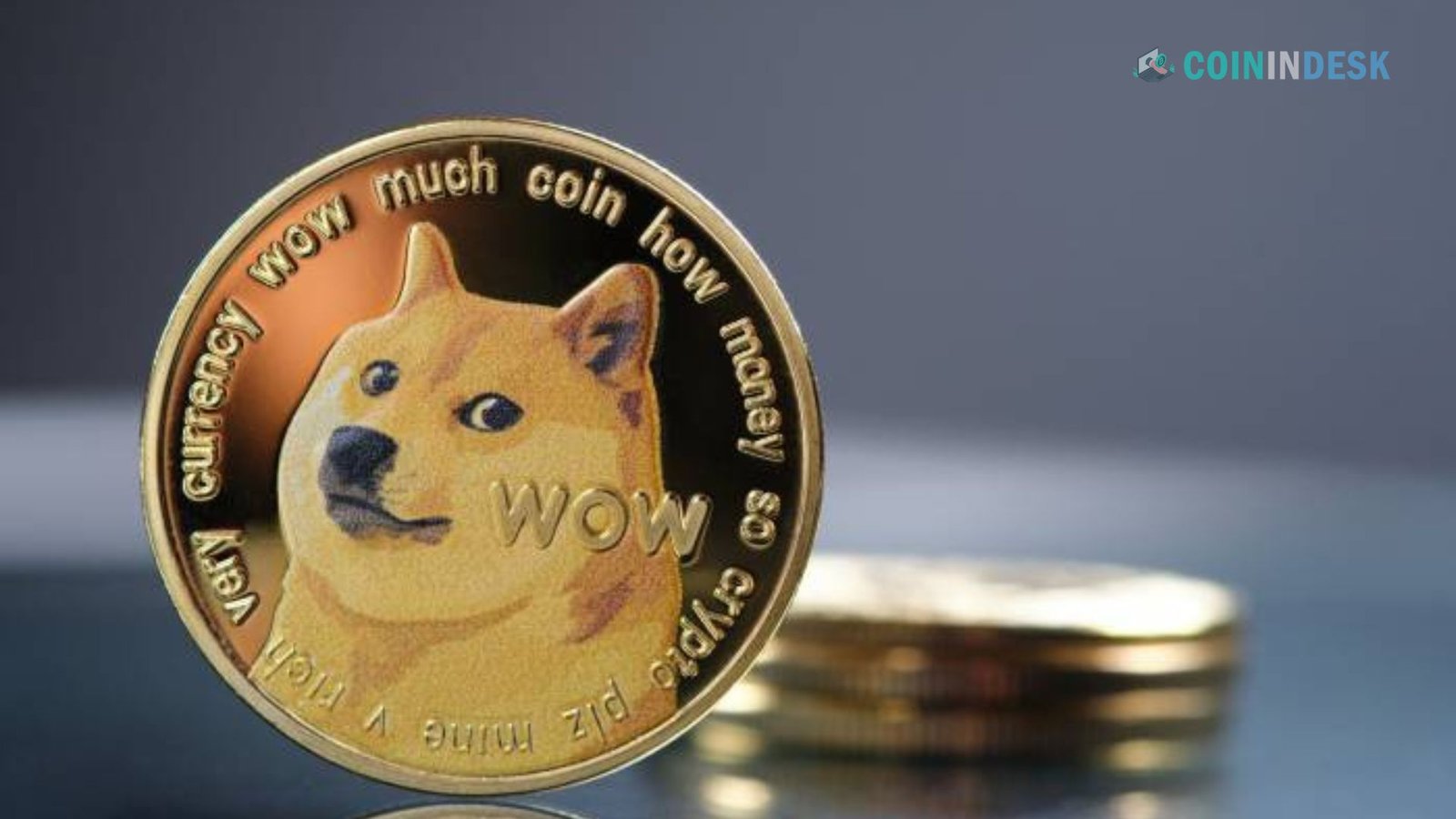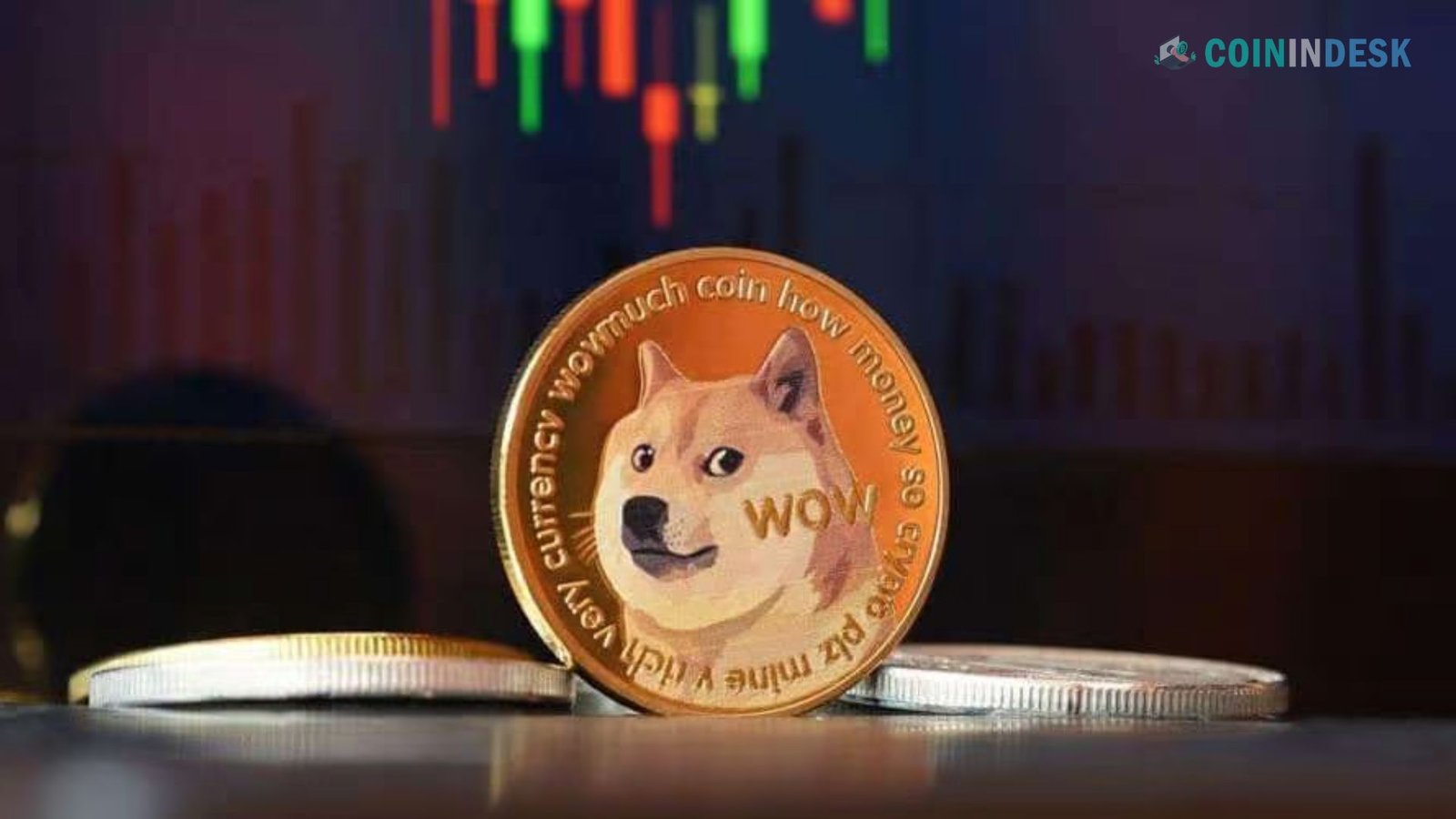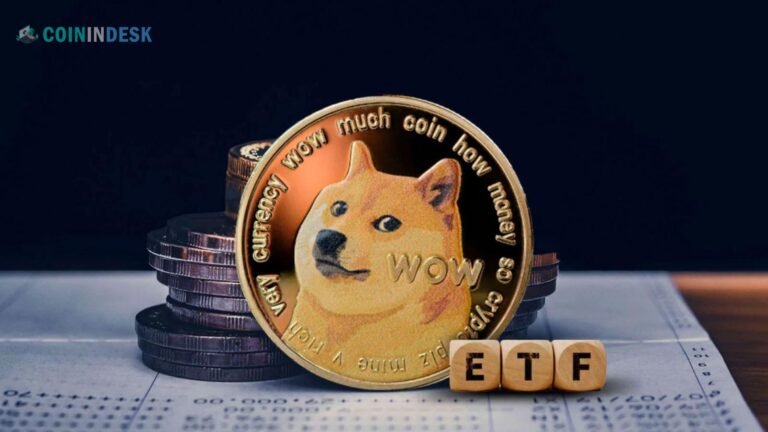Dogecoin ETF Approval: A Dogecoin Exchange-Traded Fund (ETF) is no longer a fantasy but a potential reality as the cryptocurrency market matures and gains acceptance among mainstream investors. While Bitcoin and Ethereum ETFs have already made their mark, speculation about a Dogecoin ETF approval is heating up. This article delves into the implications, potential benefits, and challenges of such an approval, along with the larger impact it could have on the cryptocurrency ecosystem.
The Current Crypto ETF Landscape
ETFs are financial instruments that allow investors to gain exposure to an asset or a group of assets without directly holding them. In the case of a cryptocurrency ETF, investors can participate in the crypto market without owning the digital coins themselves. Instead, they can hold shares in the ETF that tracks the performance of a particular cryptocurrency or basket of cryptocurrencies.
In recent years, Bitcoin and Ethereum have dominated discussions surrounding cryptocurrency ETFs, with multiple applications and eventual approvals in several countries, most notably in the U.S. Bitcoin ETFs were first approved in Canada and Europe, followed by the U.S. launching its first futures-based Bitcoin ETF in October 2021. Ethereum followed suit with similar interest from investors. These ETFs have opened the floodgates for traditional investors to enter the world of cryptocurrency, and now, the conversation has shifted to the approval of other cryptocurrency ETFs, including Dogecoin.
Why Dogecoin?
Dogecoin, created as a joke in 2013, has defied expectations by becoming one of the top cryptocurrencies by market capitalization. It started as a meme coin inspired by the Shiba Inu dog but has evolved into a community-driven digital currency with a strong and dedicated following. Its meteoric rise, particularly during the 2021 crypto bull market, was fueled by endorsements from high-profile figures such as Elon Musk, who has often referred to Dogecoin as “the people’s crypto.”
Despite its origins, Dogecoin has achieved mainstream recognition that many cryptocurrencies have struggled to attain. It is used in various tipping systems and charitable donations, and some businesses have even adopted it for payments. However, the most notable aspect of Dogecoin is its strong community of supporters, often called the “Doge Army,” who continue to advocate for its growth and wider adoption.
The growing popularity of Dogecoin has led many to believe that an ETF should be approved, particularly as retail and institutional interest in the asset has continued to rise. Proponents argue that approving such an ETF would give investors easier access to Dogecoin and further validate its place in cryptocurrency.
Benefits of a Dogecoin ETF Approval
Mainstream Adoption
Perhaps the most significant benefit of a Dogecoin ETF would be the increased mainstream adoption of the asset. An ETF is a regulated financial product, making it easier for traditional investors, who may be hesitant to deal with the complexities of cryptocurrency wallets and exchanges, to gain exposure to Dogecoin. This would likely increase liquidity and trading volume, contributing to the stability of Dogecoin’s price.
Institutional Investment
Another major benefit of an ETF is the potential influx of institutional money. While retail investors have been the driving force behind Dogecoin’s rise, institutional investors have largely stayed on the sidelines due to the perceived volatility and lack of regulation surrounding Dogecoin. With an ETF in place, institutions such as hedge funds, pension funds, and endowments would have a regulated and compliant way to invest in Dogecoin, which could significantly boost its price.
Lower Risk for Investors
By holding an ETF, investors mitigate some risks of directly owning Dogecoin. They don’t need to worry about securing their digital wallets, managing private keys, or navigating the complex world of cryptocurrency exchanges. The ETF simplifies the process, offering a more traditional route for those seeking exposure to the asset class.
Strengthened Market Credibility
Approving a Dogecoin ETF would signal increased confidence in the cryptocurrency from regulatory bodies, such as the U.S. Securities and Exchange Commission (SEC). This approval would likely be seen as a stamp of legitimacy, improving Dogecoin’s credibility in the eyes of both retail and institutional investors.
Challenges to Dogecoin ETF Approval
Regulatory Hurdles
The SEC has been historically cautious about cryptocurrency ETFs, even delaying the approval of Bitcoin and Ethereum ETFs for years. Their concerns are centered around market manipulation, liquidity, and the lack of investor protection in the highly volatile cryptocurrency market. Dogecoin, being more volatile than Bitcoin or Ethereum, could face even stricter scrutiny. Its origins as a meme coin, along with its perceived lack of utility compared to Bitcoin or Ethereum, could present obstacles in gaining regulatory approval.
Market Volatility
Dogecoin’s price volatility has been one of its defining characteristics, with massive price swings fueled by social media hype and speculative trading. This volatility could make regulators hesitant to approve an ETF that tracks such an unpredictable asset. Additionally, the volatility could deter more conservative investors, who prefer stability over the potential for quick gains.
Lack of Utility
While Dogecoin has grown in popularity, critics argue that it still lacks the utility and functionality that other cryptocurrencies like Ethereum or Solana offer. These platforms support decentralized applications (dApps) and smart contracts, whereas Dogecoin’s primary use case remains to transfer value or as a tipping currency. This limited use case may make regulators skeptical about approving a Dogecoin ETF when other cryptocurrencies offer more utility to the broader blockchain ecosystem.
Competition from Other Cryptos
As the cryptocurrency market evolves, newer and more innovative digital assets are constantly emerging. Dogecoin may compete with other altcoins that offer more advanced technology or greater utility. Regulators and investors may favor the approval of ETFs for other cryptos before considering Dogecoin.
The Road Ahead: Potential Timelines
The road to Dogecoin ETF approval is still uncertain, but momentum is building as the broader crypto ETF market matures. Several factors could accelerate the approval process, including growing demand from retail and institutional investors and increased regulatory clarity around cryptocurrency markets.
However, Dogecoin’s unique position as a meme coin may also slow down the process, as regulators may prioritize ETFs for more “serious” assets like Bitcoin, Ethereum, or Solana. The SEC’s cautious approach to crypto ETFs suggests that any approval is likely still months or even years away, but the conversation around a Dogecoin ETF is gaining traction.
Conclusion
Approving a Dogecoin ETF would mark a significant milestone in the cryptocurrency space, opening the door for more investors to gain exposure to the meme coin. While regulatory challenges and market volatility present obstacles, the growing demand for cryptocurrency ETFs and Dogecoin’s mainstream appeal make the idea of a Dogecoin ETF more plausible.
As the market matures and regulatory frameworks solidify, the approval of a Dogecoin ETF could become a reality, further legitimizing Dogecoin and enhancing its place within the broader cryptocurrency landscape. For now, investors will have to watch closely as the discussion around crypto ETFs continues to evolve, but one thing is certain: Dogecoin is here to stay, and its journey is far from over.


